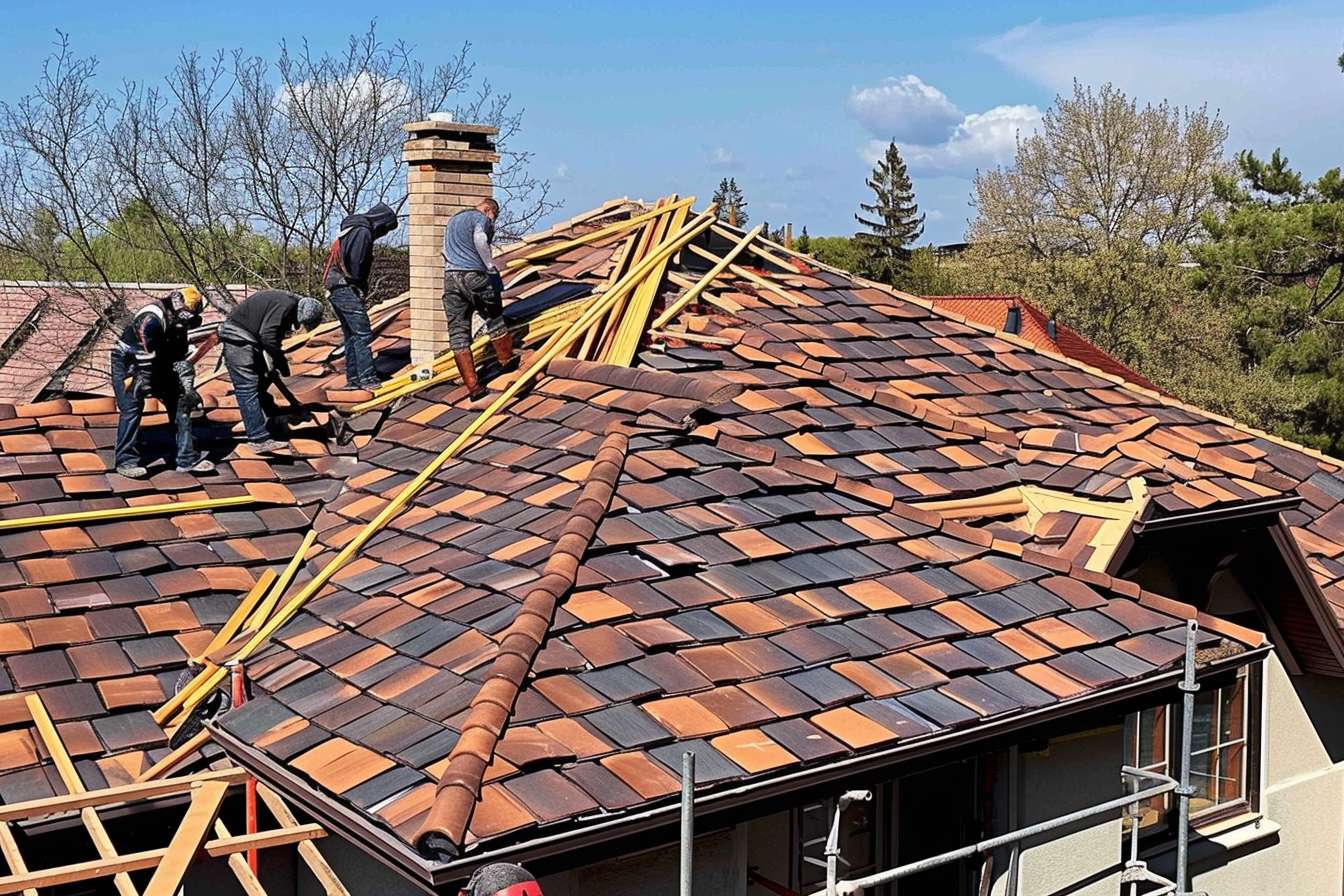Residential Driveway Paving: Key Considerations for Long-Term Use
Paving a driveway is a long-term investment that can enhance both the function and appearance of a home. This guide reviews the most common paving materials, factors that affect durability, and what homeowners should consider when planning a residential driveway project.

Choosing Between Asphalt, Concrete, and Paver Driveways
When selecting materials for your residential driveway, you’ll typically encounter three main options: asphalt, concrete, and pavers. Each material offers distinct advantages and limitations that should align with your specific needs and local climate conditions.
Asphalt driveways provide excellent durability in cold climates due to their flexibility and ability to withstand freezing and thawing cycles. They typically cost less initially than concrete and can last 15-20 years with proper maintenance. However, asphalt requires more regular maintenance including sealcoating every 3-5 years and may soften during extremely hot weather.
Concrete driveways offer exceptional longevity, often lasting 30-40 years when properly installed and maintained. They provide a clean, versatile appearance and can be customized through stamping, coloring, or exposed aggregate finishes. The downside includes higher initial costs, susceptibility to cracking in freezing conditions, and potential staining from vehicle fluids.
Paver driveways, constructed from individual brick, concrete, or natural stone units, provide superior drainage, easy repairs, and virtually unlimited design possibilities. While they represent the highest initial investment, their sectional nature means damaged areas can be replaced without disrupting the entire surface, and their expected lifespan can exceed 40 years with proper installation.
Factors That Influence Driveway Lifespan and Durability
Several critical factors determine how well your driveway will perform over time, regardless of the material you choose. Understanding these elements can help you make decisions that maximize your investment’s longevity.
Proper drainage stands as perhaps the most crucial consideration for driveway durability. Water that pools on or under your driveway causes premature deterioration through freeze-thaw cycles, erosion, and substrate weakening. A correctly designed driveway should include a slight slope (typically 1-2%) away from structures and may incorporate drainage systems like French drains or permeable materials.
Climate and weather conditions in your region significantly impact material performance. Regions with severe freeze-thaw cycles may benefit from the flexibility of asphalt or the segmented nature of pavers, while areas with extremely hot summers might see better performance from concrete that resists softening.
Installation quality ultimately determines how any driveway material performs. Professional installation ensures proper site preparation, adequate base materials (typically 8-12 inches of compacted gravel), correct material mixing and application, and appropriate curing times. Cutting corners during installation inevitably leads to premature failure regardless of material choice.
Soil conditions beneath your driveway require thorough assessment before construction begins. Expansive clay soils, for instance, expand when wet and contract when dry, creating movement that can damage any driveway surface. Proper sub-base preparation might include soil stabilization measures or deeper excavation and replacement with stable materials.
Maintenance Steps That May Extend Driveway Performance
Regular maintenance significantly extends the functional lifespan of your driveway while preserving its appearance. Different materials require specific maintenance approaches to maximize performance.
For asphalt driveways, sealcoating represents the most important maintenance task. This protective layer should be applied every 3-5 years to prevent oxidation, water penetration, and UV damage. Additionally, promptly addressing cracks with appropriate fillers prevents water infiltration that would otherwise accelerate deterioration, especially after winter seasons when freeze-thaw cycles create new vulnerabilities.
Concrete maintenance focuses primarily on sealing and crack prevention. Apply concrete sealer every 2-3 years to prevent water absorption and chemical damage. Clean oil and chemical spills promptly, as these substances can penetrate concrete and cause permanent staining and deterioration. Avoid using deicing chemicals containing ammonium nitrates and ammonium sulfates, as these compounds aggressively attack concrete surfaces.
Paver driveways require periodic inspection for settled or uneven areas that might indicate base problems. Maintaining joint sand between pavers prevents weed growth and stabilizes the surface. Consider applying polymeric sand that hardens when wet, providing better joint stability and weed resistance. Pressure washing and resealing every 3-4 years keeps pavers looking fresh while enhancing their resistance to staining.
Cost Considerations for Different Driveway Materials
Understanding the financial implications of different driveway options helps in planning both short and long-term budgeting for your property improvement project.
| Material | Average Initial Cost (Per sq. ft.) | Lifespan | Maintenance Costs (Annual Average) |
|---|---|---|---|
| Asphalt | £3-£7 | 15-20 years | £100-£200 (sealcoating every 3-5 years) |
| Concrete | £6-£12 | 30-40 years | £50-£100 (sealing every 2-3 years) |
| Pavers | £10-£25 | 40+ years | £75-£125 (joint sand replacement, occasional sealing) |
Prices, rates, or cost estimates mentioned in this article are based on the latest available information but may change over time. Independent research is advised before making financial decisions.
While asphalt provides the lowest initial investment, its shorter lifespan and more frequent maintenance requirements may result in higher long-term costs. Concrete offers a middle ground with moderate installation costs and relatively low maintenance expenses. Pavers, despite having the highest upfront costs, often prove economical over decades of use due to their exceptional longevity and the ability to replace individual units rather than entire sections.
Professional Installation vs. DIY Approaches
While smaller paving projects might tempt homeowners toward DIY approaches, driveways generally benefit from professional installation due to their structural importance and technical requirements.
Professional paving contractors bring specialized equipment that ensures proper compaction of base materials and consistent application of surface materials. They understand local soil conditions, weather considerations, and drainage requirements that significantly impact performance. Additionally, reputable contractors typically offer warranties on their work, providing protection against premature failure due to installation errors.
DIY driveway installation risks include inadequate base preparation, improper material mixing or application, and insufficient compaction – all factors that can dramatically reduce lifespan even when using quality materials. The equipment rental costs and time investment required for proper installation often offset apparent savings, particularly when factoring in the potential for earlier replacement.
When selecting a professional paving contractor, look for established companies with specific experience in your chosen material, proper licensing and insurance, and verifiable references from similar projects in your area. Request detailed written quotes that specify materials, preparation methods, and warranty terms to ensure comparable evaluation of different providers.
Conclusion
Creating a driveway that performs well for decades requires thoughtful material selection, quality installation, and commitment to ongoing maintenance. By understanding how factors like local climate, soil conditions, and usage patterns influence performance, homeowners can make informed decisions that balance initial investment against long-term durability. Whether you choose asphalt for its cost-effectiveness, concrete for its longevity, or pavers for their aesthetic appeal and repairability, proper planning and maintenance will maximize your driveway’s service life and contribution to your property’s value.




